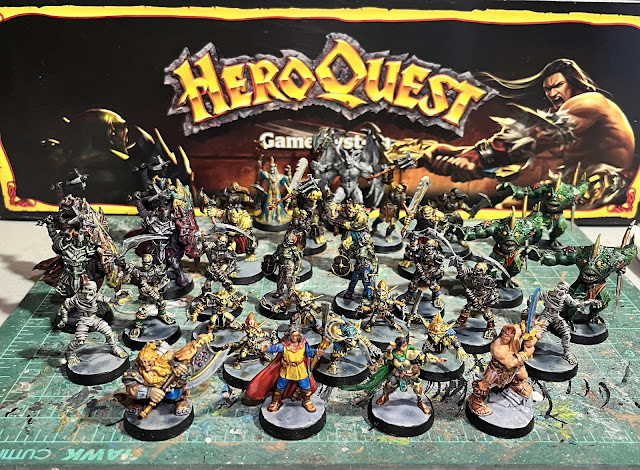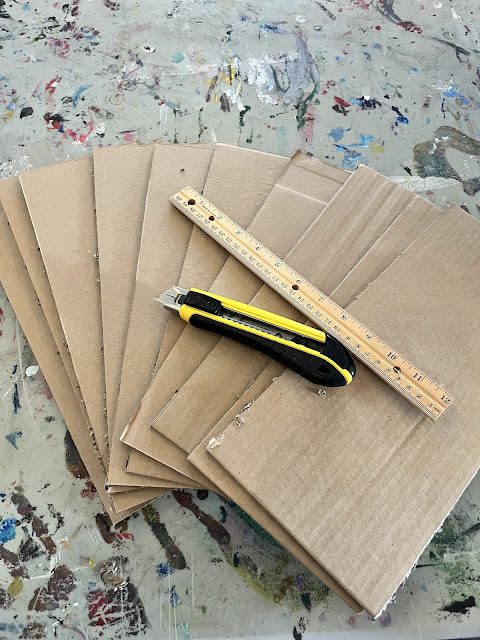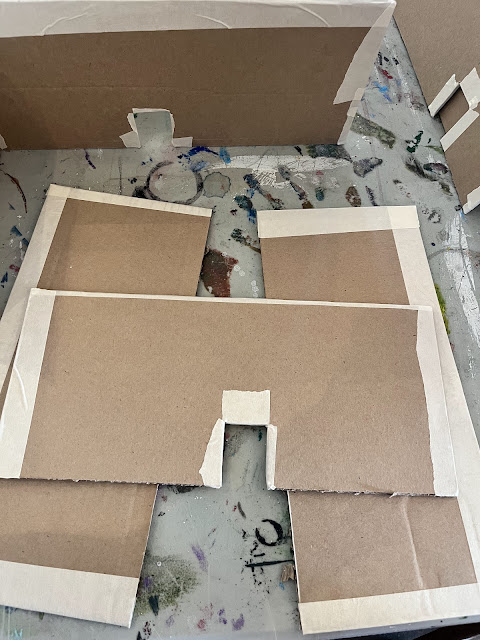At heart, this is not a blog about RPG Design. At best I am a dabbler. There are far better blogs about RPG design and you should probably go look at those. However, as a dabbler I have come to a few thoughts about RPGs that I like to write a bit about. If I have learned anything from my forays into RPG design, it is that there are a lot of different preferences, styles, and history out there. I know my preferences, so I will most likely be leaning into those. I look forward to being told how wrong I am in comments!
In Wargame Design, we know the basic elements are the 4Ms. Sure, there is a lot of flash and chrome you can add to it, but a wargame ultimate comes down to Movement, Missiles, Melee, and Morale. These act as the starting point for any effort at wargame design. If you can not cover those basic components, then you probably do not have a wargame design yet.
RPGs also have a basic starting point for an RPG and everything else is just additional chrome and features built on top of it. It is a simple equation.
Situation + Player Action = New Situation
At the heart of every Role-Playing Game you find this simple equation. A situation is introduced, the player decides how to react to that situation and this generates a new situation. The details vary from one RPG to the next, but the core is always this same equation.
You will notice that the Core of an RPG is not about creating characters, classes, levels, skill trees, or anything else. All of that is window dressing and chrome beyond the core function of a Role-Playing Game. The purpose is to allow players to "play a role" and the only way they can do that is by giving a player a situation, allow them to take an action as the character, and then relate what the new situation is because of the action. The New Situation then becomes the starting Situation, and the process repeats itself ad infinitum until the player no longer wants to generate new situations.
Therefore, if you are going to be creating an RPG, you need to build off this core idea. If you don't, you may not have a Role-Playing Game yet.
Situations
Let's take a closer look at the components of this simple equation. The first step is a "situation". What is a situation?
In this case, it can be one of a number of potential things and is often considered a scene, a setting, an encounter, etc. However, a situation in this case is actually a choice. Whenever a Player has the choice to act, that is a situation. The situation is simply a call to action, and point where the Player is asked to make a decision for the character in order to proceed.
Some basic examples:
- You come across two doors. Which way do you go?
- A rival appears. What do you do?
- The advisor to the king counters your argument. Now what?
- They land on an alien world. Now what?
Those are all very simple examples of a situation. You can see that they do not need to be complex. There is a lot more detail and nuance that can take place in the situation, but the heart of it is a call for the character to act, and the player to make some sort of decision.
Of course, the Player will have their character take some action. By taking action, the situation is changed. It does not matter if the action succeeds or fails, the simple act of making a decision is enough to change things. Even if the decision is NOT to act yet, that leads to the new situation and the next call to make a decision. This is the New Situation.
For example:
- You come across two doors. Which way do you go? Go left. It opens into a hallway with a doorway at the far end. Do you go to it?
- A rival appears. What do you do? I go to a nearby table and throw a cream pie at them. It hits and they are covered in whipped filling. They are angry. Now what?
- The advisor to the king counters your argument. Now what? I reveal he is an enemy spy. The King is shocked and demands proof. Do you have proof?
- They land on an alien world. Now what? We check for breathable air. It is not breathable. How are you going to go outside?
To Infinity and Beyond
The key component is that this simple equation continues to play out, over, and over, and over again. Theoretically, there is no limit to the number of times a Situation + Player Action = New Situation as it continues to repeat. The only way it ends, is if the player chooses to stop playing. Even if a player's character dies, that doe not have to end this loop. It just creates a new situation.
The "Game" in Role-Playing Game focuses on this endless loop. That's it. Seeing what happens and determining your next actions based on the evolving situation IS the game. It is not about wealth, experience, skill building, character arcs, etc. Those are chrome that you can add onto a game but the true reason for the game is to take actions and change the situation, and see where it leads you.
Core Mechanic and Core Gameplay Loop
Therefore, if the core Gameplay Loop is:
Situation + Player Action = New Situations
The next logical question is how does your game facilitate the transition from Situation to New Situation. That is your Core Mechanic. The Core Mechanic is to help facilitate how to determine the success and failure of the Player's Action and how that translates into a New Situation. Success may lead to one outcome while failure leads to another. Success, failure, or no action in the mechanic should still lead to New Situations.
The only core utility of the Core Mechanic is to help players make the transition from the situation to the new situation. Typically success is a positive outcome for the player's character and failure is a negative outcome for the player's character. Anything else is all details and chrome.
Final Thoughts
Obviously, we are still at a very abstract level when talking about Role-Play Game design. We are not doing probability math yet, we are just talking about concepts. However, without a strong understanding of these concepts, no probability math in the world will save you. If you don't understand the Core Gameplay Loop, then you can't design effectively. Of course, your Core Mechanic needs to support and ease the transitions in the Core Gameplay Loop. If it doesn't, you will not have a successful RPG.
I look forward to seeing how wrong I am in the comments! Until next time!
Become a Patron and get access to all the cool stuff, a peak behind the curtain of Blood and Spectacles, and early-access to playtest games!
Check out the latest publications and contact me at our
Blood and Spectacles website
Or purchase all out games at the Blood and Spectacles Publishing Wargames Vault Page!

















































